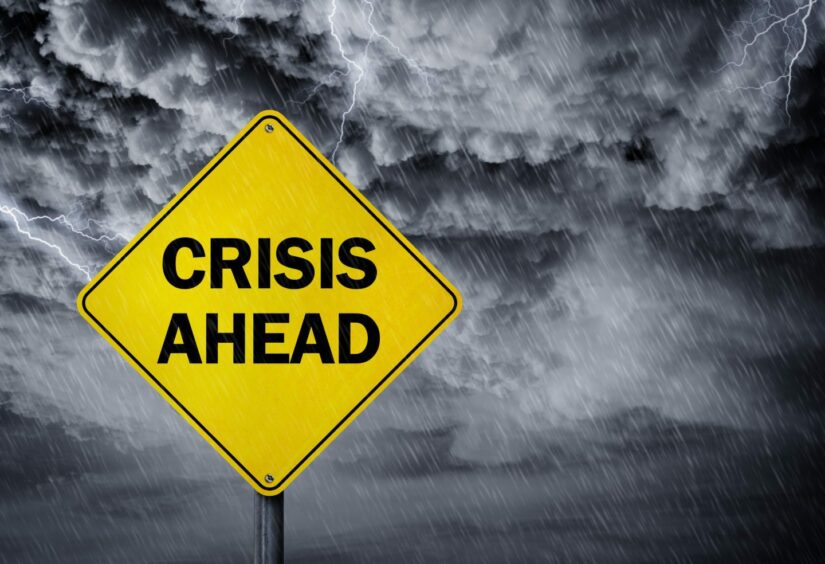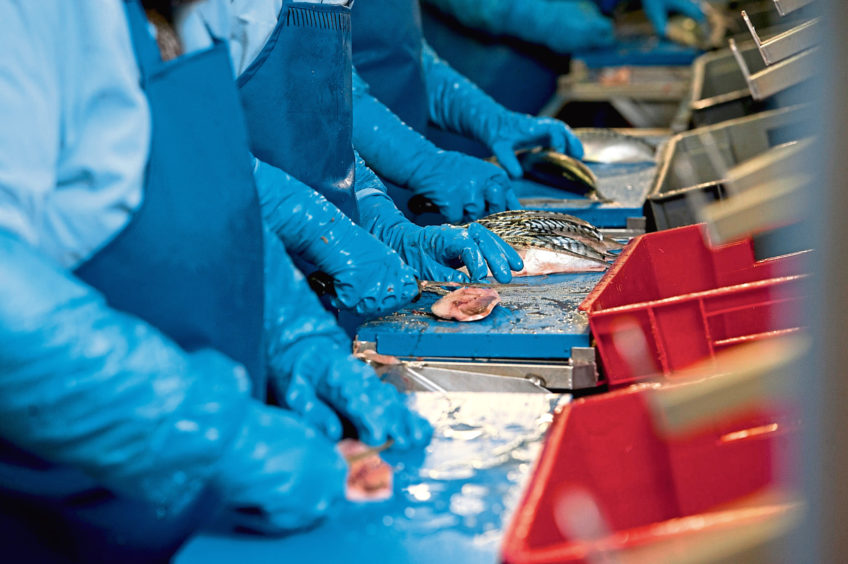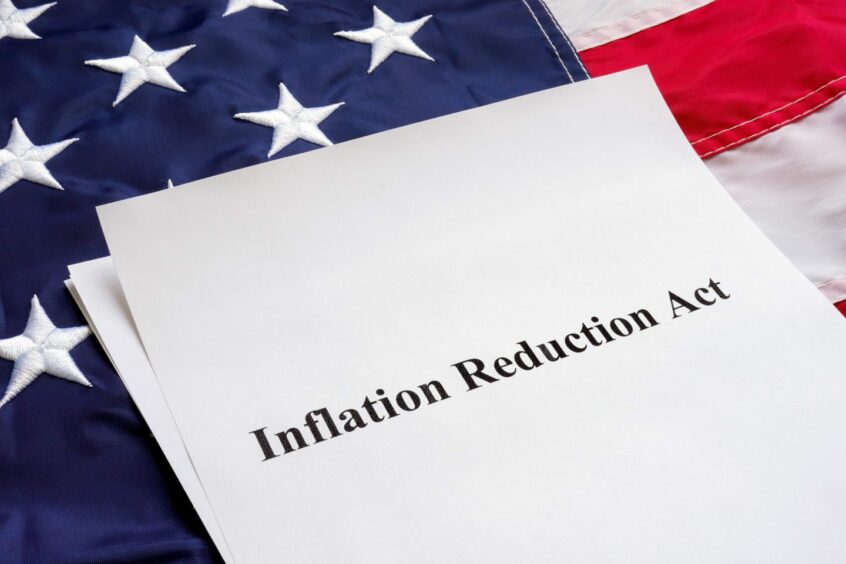At the start of September, the UK will have a new prime minister and whether it’s Truss or Sunak, Scottish businesses and the public expect bold leadership as we continue to grapple with the cost crisis.
The most recent business survey by the Scottish Chambers of Commerce makes it clear the cost of doing business has reached a tipping point.
Companies are dealing with a multitude of pressures, giving firms little choice but to make difficult decisions which will impact Scotland’s prospects for investment and growth.
This perfect storm of cost pressures is nothing short of a hurricane which is leading to a cost crisis of unprecedented proportions.
The direct result of this has led businesses to make the toughest of choices, including eight in 10 Scottish firms increasing prices in response to these challenges – which will have a knock-on effect on consumer confidence and spending power.
Business cashflow is also coming under strain as government loan repayments, increases to insurances and managing workforce pay are all piling on the pressure on outgoings and squeezing the bottom line.
This trajectory of business performance places economic recovery and growth into question, as long-term decisions on investment, expansion and new projects are placed on hold or completely shelved.
Households also under ‘severe presure’
Running alongside this is the cost-of-living crisis, with households also under severe pressure from increased energy, food and fuel bills.
Already struggling businesses and households are going to be hit further later this month.
Ofgem has recently confirmed the energy price cap will be updated quarterly, rather than every six months, leading to yet another increase in bills for families and firms at the end of August which will take effect from October.
Some analysts have predicted the price cap is on track to rise to £3,615 a year from January, piling further burdens on businesses and households as the cost of energy intensifies.
Increasing the cap every three months instead of every six means prices will rise more quickly for businesses and consumers to reflect higher wholesale prices, as well as falling more quickly when they dip.
This is a double-edged sword as there is still much uncertainty around energy security as the war in Ukraine rages on.
Decisions by Russia related to energy supply to western Europe will have a chain effect on the prices other countries will demand from UK energy providers.
Pro-enterprise actions are required now from the UK Government to support firms and households through this crisis and to arrest the decline in business performance and investor confidence.
Is it time for an energy price cap for SMEs?
Introducing an energy price cap for small and medium-sized businesses has been a long-standing call from the chambers of commerce in Scotland and the rest of the UK, and one the next prime minister should take seriously.
In the midst of all this, businesses are dealing with a workforce crisis. Despite the economy being desperate for workers, skills and talent, skills and immigration policies at a UK-wide level remain misaligned.
Expanding the shortage occupation list for sectors that are struggling to fill vacancies is an urgent requirement and one the government could take now.
Although the government has announced limited support for households with their energy bills, it risks not scratching the surface when additional increases in the price cap are taken into account.
The challenge is magnified for businesses which have not seen any major support since the end of Covid-19 related funding and have instead been forced into further debt to manage inflationary pressures.
Expanding the shortage occupation list for sectors that are struggling to fill vacancies is an urgent requirement and one the government could take now.”
While the Bank of England (BoE) has acted to rein in inflation by increasing interest rates, which are now at their highest since December 2008, monetary policy can only go so far.
The risk is that raising interest rates, as the BoE seeks to control inflation, will cause demand growth to weaken further in the coming months.
The overall aim is to make people think more carefully about spending money. It is hoped this will, in turn, reduce demand for goods and services, and lead to lower prices.
Policy action delay
A need for immediate action is on the shoulders of the government, but as the Conservative Party leadership contest plays out the reality means there is a notable delay in policy action.
Our international trade allies and business partners are taking action now. Take the US’s recent passing of the Inflation Reduction Act – hailed as one of the most important pieces of American legislation seen in years.
The act takes massive steps to levelling the playing field for small businesses as well as offering opportunities for real investment in the sustainability and net-zero agenda.
Many small US businesses will see demand for their services and products increase as a result of this legislation. It is the kind of innovative policy that can make the road to net-zero easier.
Businesses are doing all they can to weather this storm to support employees and customers, and maintain vital investments in communities across Scotland.
The call from the business community is clear – the economy cannot be put on hold and urgent action is needed now.
Liz Cameron is chief executive of the Scottish Chambers of Commerce.





Conversation